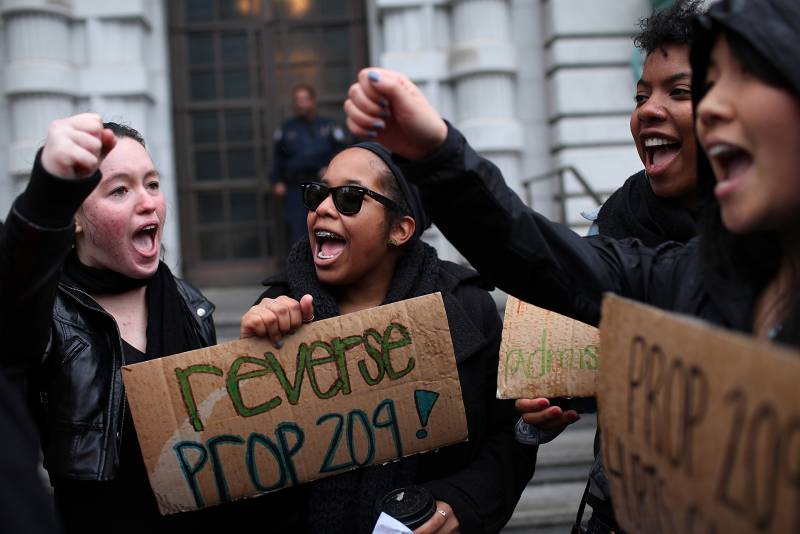California will not reinstate affirmative action in public university admissions, public hiring and the awarding state contracts after Proposition 16 was rejected by 56% of voters.
Supporters of Proposition 16 thought this was the moment Californians would finally overturn the state's nearly 25-year ban on affirmative action. But polls showed it struggling from the beginning, with just about a third of voters supporting it.
Affirmative action programs are designed to promote opportunities for under-represented groups that may have faced discrimination in the past. Rejecting Proposition 16 upholds the current system.
Republican strategist Cassandra Pye said she was disappointed the measure failed, but not surprised.
"I think most of us saw polling going in," Pye said. "It was not doing that well. I think some of us also probably thought that with heavy turnout, that might have some impact and maybe make it a little bit tighter."
